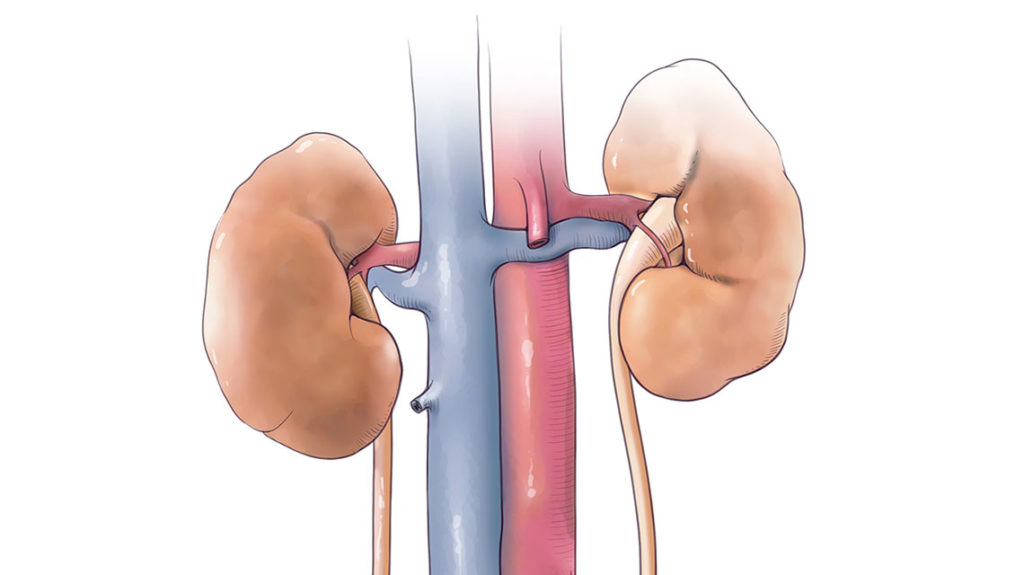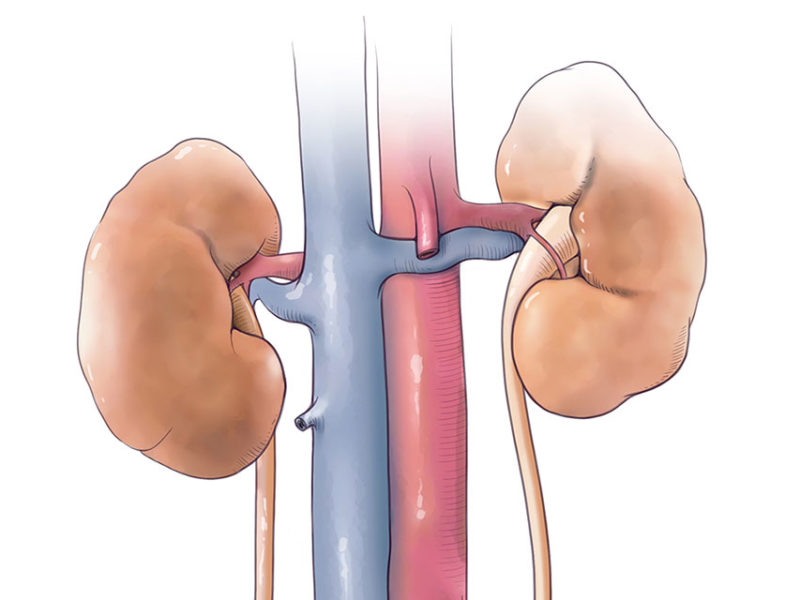What Is Insulin’s Role in Diabetes-Related Urinary Tract Infections?
What Is Insulin’s Role in Diabetes-Related Urinary Tract Infections? https://pediatricsnationwide.org/wp-content/uploads/2021/01/Urinary-system-No-Background-kidney-header-1024x575.jpg 1024 575 Pam Georgiana Pam Georgiana https://pediatricsnationwide.org/wp-content/uploads/2023/07/May-2023.jpg- November 12, 2024
- Pam Georgiana

Two studies reveal how impaired insulin receptors compromise immunity in people with diabetes.
While excess glucose in the urine is often thought to be the main factor behind urinary tract infections in people with diabetes, two recent studies led by Laura L. Schwartz, PhD, principal investigator in the Kidney and Urinary Tract Center at Nationwide Children’s Hospital, suggest that insulin also plays a critical role in the body’s immune defense.
“In type 2 diabetes, the body’s cells become less responsive to insulin, which can lead to elevated glucose levels in the blood and urine,” Dr. Schwartz explains. “But we wondered if other insulin-related factors besides glucose were driving the increased risk of infection.”
Insulin receptors are proteins found on the surface of cells that bind to insulin and are typically associated with regulating glucose uptake by cells. However, insulin receptor signaling is responsible for many other downstream processes, including cell growth and proliferation, gene expression, and protein synthesis and trafficking. In type 2 diabetes, insulin receptors become less responsive to insulin, impairing many of these critical cellular functions.
“We decided to test how insulin receptor signaling helps regulate the body’s defense mechanisms against infection, specifically in the kidney and bladder,” says Dr. Schwartz.
The first study investigated kidney collecting duct cells in both diabetic mice and people with diabetes. During an ascending UTI, bacteria encounter the kidney collecting duct, a structure composed of intercalated cells and principal cells, which regulate acid-base homeostasis and water and electrolyte balance in the body, respectively. Intercalated cells also produce antimicrobial peptides, small proteins that directly kill or limit the growth of bacteria. In diabetic patients and in mice with intercalated cell-specific insulin receptor deletion, these cells showed reduced insulin receptor activity, which led to a weakened response to bacterial infections, lower antimicrobial peptide production, and compromised immunity. The results of this research have been published in The Proceedings of the National Academy of Sciences.
The second study looked at the bladder. Here, the insulin receptor plays an essential role in maintaining a tight barrier to prevent bacteria from invading the lining of the bladder, which is called the urothelium. Like intercalated cells, urothelial cells also produce antimicrobial peptides. In both diabetic mice and mice with urothelial-specific insulin receptor deletion, suppressed insulin receptor signaling lowered antimicrobial peptide production and increased susceptibility to “leaky bladders” and infections caused by Uropathogenic Escherichia coli (UPEC). The findings of this study were recently published in Cell Reports.
Dr. Schwartz, who is also a research assistant professor of Pediatrics at The Ohio State University, emphasizes that more research is needed to fully understand why individuals with insulin resistance are particularly vulnerable to urinary tract infections.
“Insulin resistance is a factor in a number of other chronic health conditions besides diabetes,” she says. “A better understanding of the influence of insulin resistance on infection risk will pave the way for improved preventive measures and health outcomes for those with insulin resistance.”
References:
- Schwartz L, Simoni A, Yan P, et al. Insulin receptor orchestrates kidney antibacterial defenses. Proc Natl Acad Sci USA. 2024;121(29):e2400666121. doi:10.1073/pnas.2400666121
- Schwartz L, Salamon K, Simoni A, et al. Insulin receptor signaling engages bladder urothelial defenses that limit urinary tract infection. Cell Reports. 2024;43(4):114007. doi:10.1016/j.celrep.2024.114007
Image credit: Nationwide Children’s
About the author
Pam Georgiana is a brand marketing professional and writer located in Bexley, Ohio. She believes that words bind us together as humans and that the best stories remind us of our humanity. She specialized in telling engaging stories for healthcare, B2B services, and nonprofits using classic storytelling techniques. Pam has earned an MBA in Marketing from Capital University in Columbus, Ohio.
- Pam Georgianahttps://pediatricsnationwide.org/author/pam-georgiana/
- Pam Georgianahttps://pediatricsnationwide.org/author/pam-georgiana/
- Pam Georgianahttps://pediatricsnationwide.org/author/pam-georgiana/
- Pam Georgianahttps://pediatricsnationwide.org/author/pam-georgiana/










